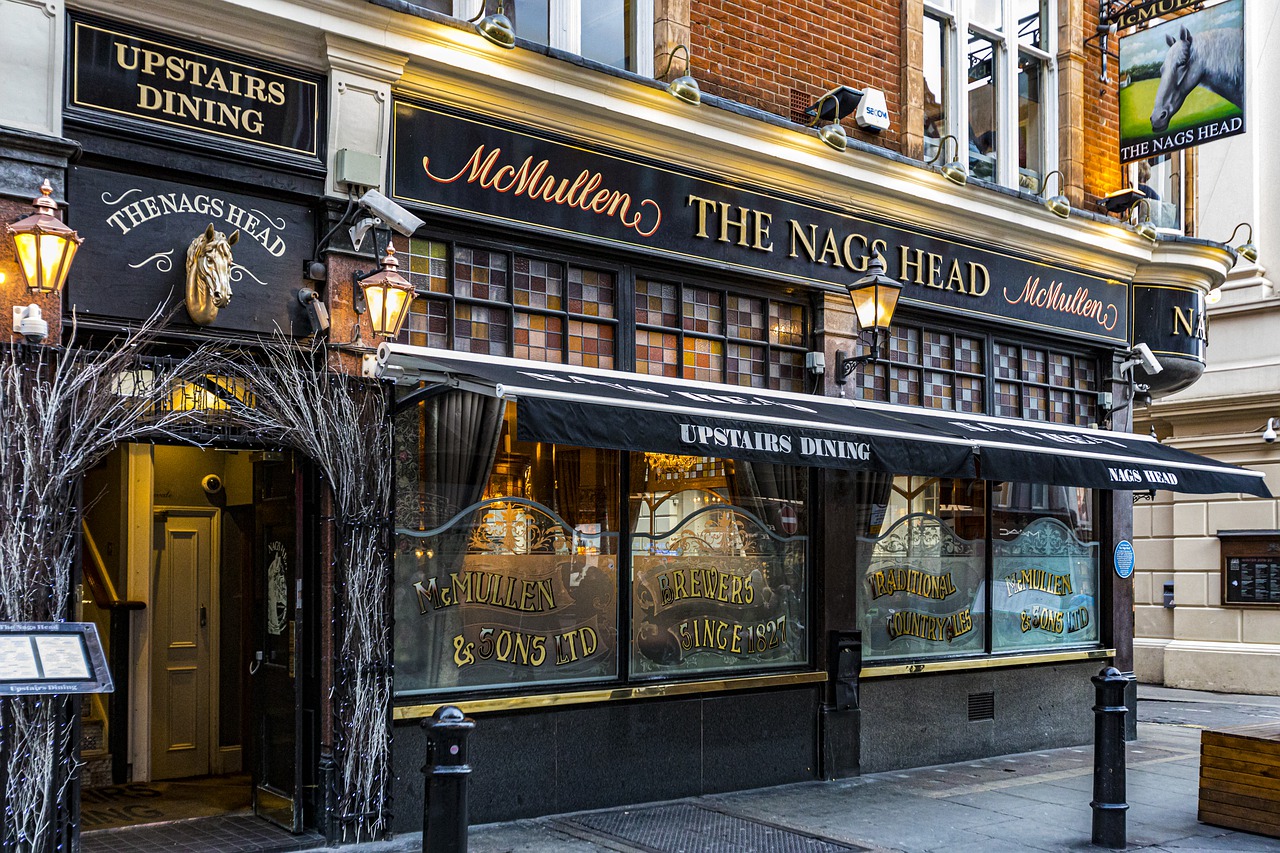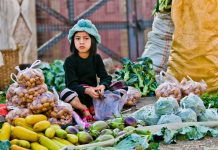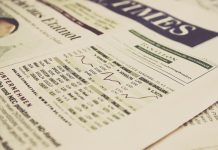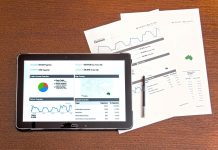
Although the UK economy continued its recovery in August with the Eat Out to Help Out scheme boosting restaurants, the growth was slower than expected.
Despite the restaurant scheme, the UK economy only expanded by 2.1%, which was below expectations and 9.2% smaller prior to the onset of the coronavirus pandemic.
While this was the fourth consecutive month of expansion following the slump from the pandemic, the August growth was slower than the expansion observed in both June and July. The economy grew by 8.7% and 6.6% in June and July, respectively.
Impact of the pandemic on the UK economy
After spending a whole month in coronavirus lockdown, the UK economy shrunk by 20.4% in April, the largest monthly contraction ever recorded by the country.
According to the Office of National Statistics (ONS), the historic 20.4% contraction by the UK economy affected virtually all areas of economic activity. The decline is three times bigger than the contraction observed during the 2008 to 2009 economic crisis.
Jonathan Athow, deputy national statistician for economic statistics at ONS, said: "[The fall was] more than three times larger than last month and almost 10 times larger than the steepest pre-Covid-19 fall."
"In April, the economy was around 25% smaller than in February," Athow pointed out.
He explained that all economic areas were virtually impacted, with pubs, education, health and car sales making contributing largely to the decline. He mentioned that car manufacturers and house builders were also affected.
In June, the Bank of England released more stimulus money to dampen the effects of the UK economy contraction, the largest monthly record in history.
The UK central bank said it would increase its bond-buying program by another £100 billion to £745 billion as an effort to soften the blow of the economic downturn. It expects to reach its target by the end of the year.
According to the Bank of England, there are signs that the easing of restrictions is helping boost consumer spending. While the central bank held its key interest rate at 0.1%, inflation fell back to 0.5% in May.
It warned that it’s difficult to determine the strength of the expected recovery in the second half of the year.
The Bank of England said: "Even with the relaxation of some Covid-related restrictions on economic activity, a degree of precautionary behavior by households and businesses is likely to persist."
"The economy, and especially the labor market, will therefore take some time to recover towards its previous path," it added.
Eat Out to Help Out scheme
The eating out scheme, which ran from Monday to Wednesday during the entire month of August, gave customers 50% off food up to the value of £10. People claimed over 100 million meals through the scheme.
According to the ONS, prices in restaurants and cafes were 2.6% lower in August compared to the same month last year. This was the time they had been negative since records began in 1989.
The ONS added that reducing the rate of value added tax (VAT) also drove prices lower during the period.
Outlook for the UK economy
Samuel Tombs, chief UK economist at Pantheon Macroeconomics, said: "No V-shaped recovery here. GDP was still a hefty 9.2% below its pre-Covid February level in August - when no meaningful restrictions on economic activity were imposed."
Tombs forecasts economic growth in September to be just around 2%,
He explained: "GDP also likely will struggle to improve on September's level over the next three months, as the second wave of Covid-19 instils more consumer caution and compels the government to shut hospitality businesses in Covid-19 hotspots once again."
Sarah Hewin, economist and head of research at Standard Chartered Bank, added: "Despite the support from Eat Out to Help Out and staycations, there was virtually no growth in manufacturing."
"And although we continue to see new housing being built, that also was a little bit weaker than expected, so the pace of recovery does seem to be slowing," she added.






